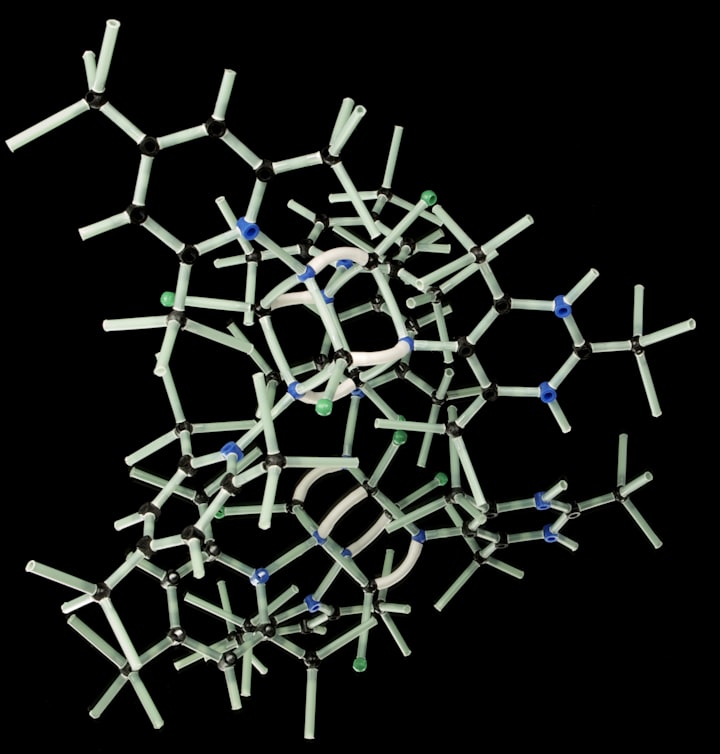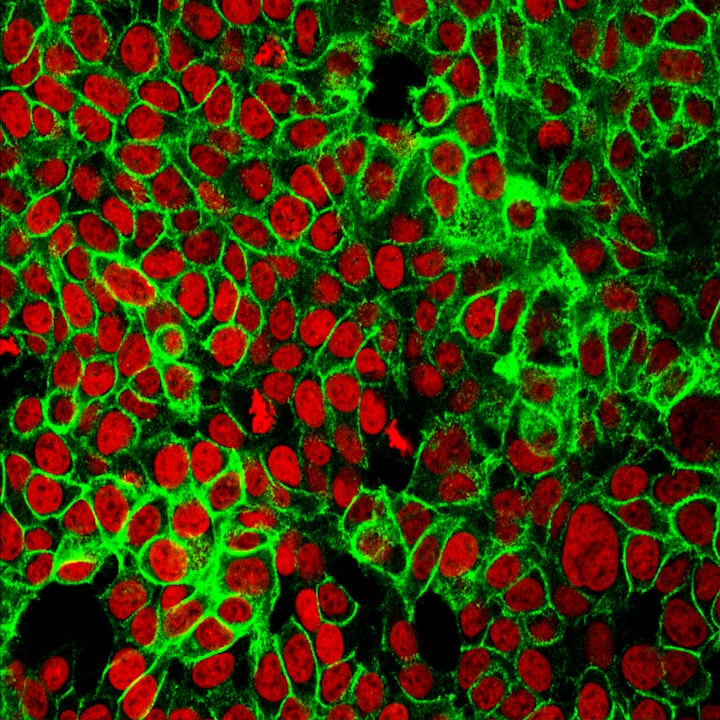How Does Jupiter's Gas Composition Challenge Space Exploration?
Discover how Jupiter's gas composition poses challenges for space missions and exploration.

If you've ever pondered why Jupiter is often referred to as a gas planet, you're not alone.
The term 'gas planet' denotes a celestial body dominated by gases and lacking a solid surface.
However, what does this mean for potential space missions to Jupiter?
Could a rocket navigate through its atmosphere?
Could an astronaut or spacecraft ever land on it?
Understanding Jupiter's Composition
Jupiter's atmosphere is predominantly composed of hydrogen and helium, with traces of other gases and compounds.
The top layer of Jupiter's atmosphere consists of gases.
As you descend further, the pressure and temperature increase, causing the gases to compress into a cloudy mix of gas and liquid.
Deeper still, these gases transition into a liquid state, and finally, close to the planet's core, the extreme pressure solidifies the gas into a dense metallic hydrogen mixture.
This characteristic structure creates an environment where there isn't a clear distinction between the gas and liquid states, akin to the melting points of candle wax.
Navigating Jupiter's Atmosphere
The transition from its gaseous to the liquid state presents a formidable challenge for any spacecraft or astronaut attempting to land on the planet.
The absence of a solid surface and the progressive change in the environment would make landing on Jupiter unfeasible.
Any object, human or spacecraft, would continuously 'sink' through the atmosphere, unable to find a stable surface to land on.
The Challenge of Sending a Rocket Through Jupiter
Beyond the daunting atmospheric conditions, the prospect of sending a rocket through Jupiter presents its own set of challenges.
Jupiter has a solid core comprised of heavy elements and compounds that would make it impossible for a rocket to traverse through its entirety.
The intense pressures and temperatures, coupled with the rocky core, make it impractical for any form of spacecraft to pass through the planet.
Other Complications
Exploring Jupiter's moons, such as Europa and Ganymede, might hold promise for future space missions.
However, delving into Jupiter itself poses immense technological and logistical hurdles for potential exploratory endeavors.
The Implications for Space Exploration
While landing on Jupiter or sending a rocket through it may not be a viable option, studying the gas giant from afar with spacecraft and telescopes continues to provide valuable insights into the mysteries of our solar system and beyond.
By comprehensively understanding the distinct characteristics of gas planets like Jupiter, we advance our knowledge of planetary formations and the potential for life beyond Earth.
As we unravel the complexities of space exploration, the enigmatic nature of Jupiter serves as a reminder of the boundless frontiers that await our discovery.
Tackling the challenges posed by gas giants fuels our ingenuity and determination to explore the universe, inspiring the next generation of astronomers, scientists, and space enthusiasts to push the boundaries of knowledge and possibility.






